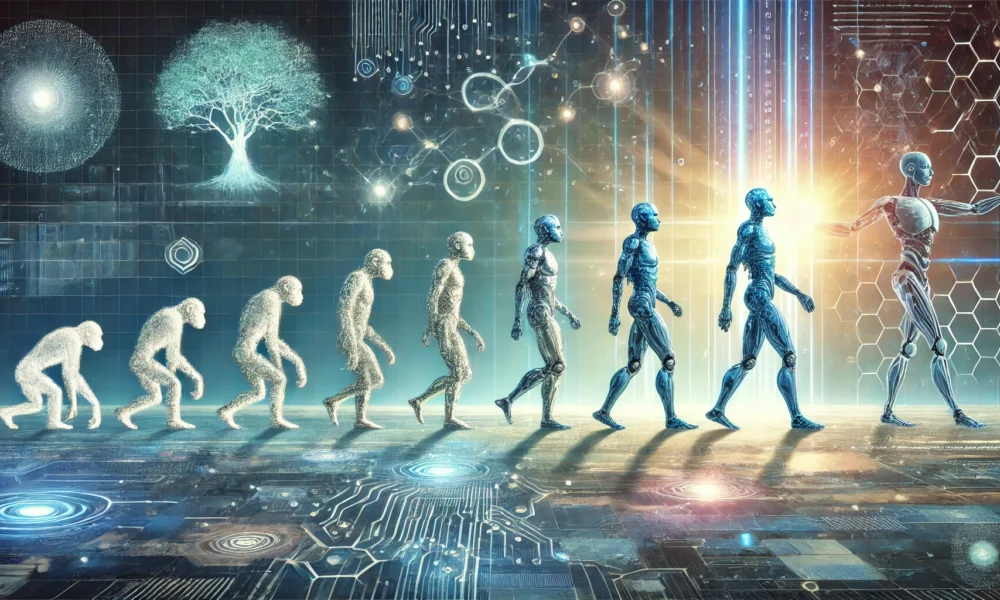Unite
1M
80

Image Credit: Unite
Self-Evolving AI: Are We Entering the Era of AI That Builds Itself?
- Self-evolving AI refers to systems that can improve and adapt on their own without needing constant human input.
- Recent breakthroughs in AI have sparked a quest for true self-evolving AI—systems that can adapt and improve on their own, without human guidance.
- Advancements such as automated machine learning, Generative Models in Model Creation, Meta-Learning, Agentic AI, and RL and self-supervised learning have initiated the self-evolutionary process in AI.
- AI could change in unpredictable ways, making it hard to control. To unlock its full potential, we must ensure strict safety measures, clear governance, and ethical oversight.
- Self-evolving AI, when developed fully, could drive breakthroughs in fields like scientific discovery and technology.
- The fear of AI improving itself to the point of becoming incomprehensible or even working against human interests has long been a concern in AI safety.
- Self-evolving AI enables AI to act as a dynamic agent in its development, adjusting and enhancing its performance in real-time.
- To ensure self-evolving AI aligns with human values, extensive research into value learning, inverse reinforcement learning, and AI governance will be needed.
- AutoML systems can now handle complex optimizations more quickly and often more effectively than human experts.
- AI can autonomously enhance its reasoning, expand its knowledge and tackle complex problems.
Read Full Article
4 Likes
For uninterrupted reading, download the app